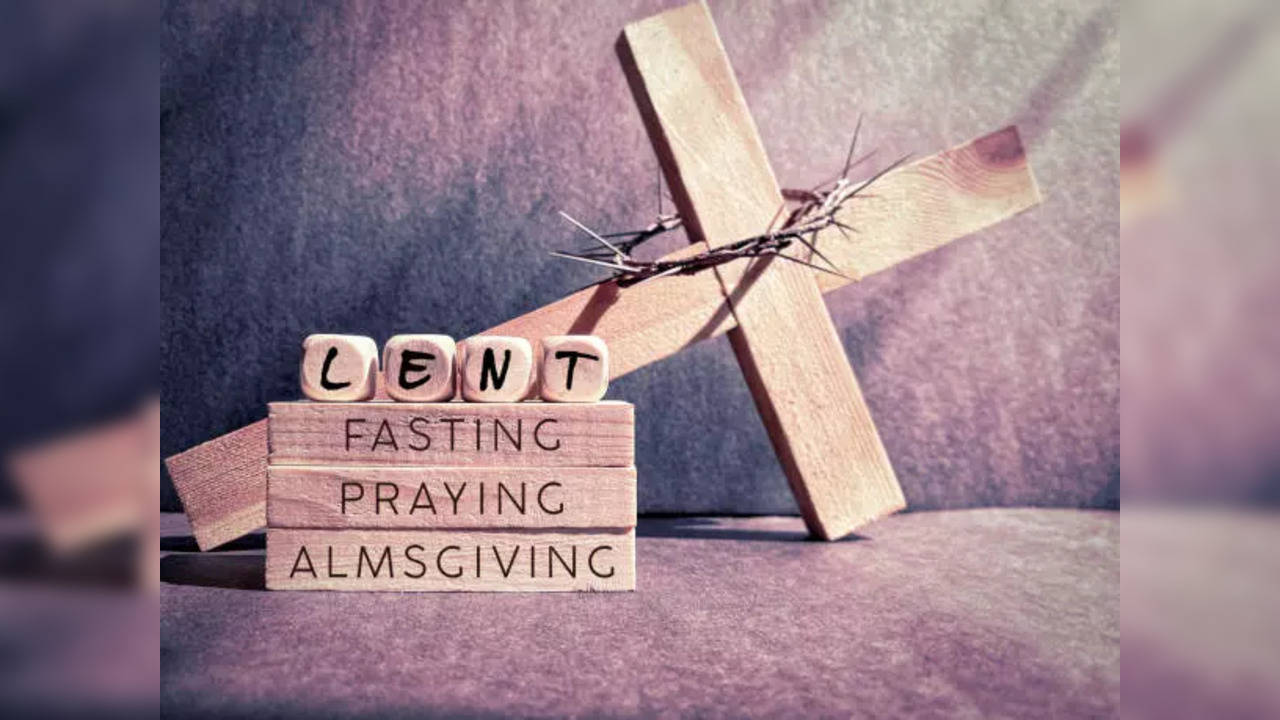Lent will be five days old tomorrow. Have you made a plan yet? When will you go to Confession? Have you already? Do you plan to go every two weeks as part of your Lenten journey? Or even every week? If you do, you will have one of the requirements for gaining a plenary indulgence every day. Do you know what the requirements are?
- a particular work that carries the indulgence, for example saying the rosary before the Blessed Sacrament or in company with at least one other person
- Communion and Confession within eight days of the work
- detachment from sin, even venial sin (Now that's the really hard one!)
We'd all like to think we'll go straight to heaven when we die, but how many of us will really be ready to see Christ? Our salvation is secured by Him, of course, but will we have made full reparation in atonement for our all of our sins? Protestants say Jesus does it all, but St. Paul says we need to make up what's lacking in the suffering of Christ. What's lacking but our own acts of the will to offer our sufferings in union with him and in atonement for sin, our own sins and those of others?
As Catholics we know that forgiveness isn't all that's needed. We need to repair the damage from sin. Like a child who breaks a window there's still something to be done even if the owner forgives the transgression. The window is still broken. Perfect contrition for our sins is a perfect repair, but many of us won't have it when we die. That's what the mercy of Purgatory is for - the opportunity to repair the brokenness of our cold hearts. Joining our prayers to the sufferings of those in Purgatory is an act of communion with the Church Suffering and an act of charity. It's like the dad who picks up his tools and helps his child fix the window.
This Lent why not pick up the tools for those who can no longer do it for themselves. Now the only really hard part is to eliminate the love for our vices that keeps us from being detached from sin. Ultimately, that's what Lent is all about.
I hope we're all off to a good start!


Do you have a list of benial sins?
ReplyDeleteHere's a short article from catholic.com:
ReplyDeleteThe Catechism describes two main types of venial sin. First, one commits venial sin when “in a less serious matter [than mortal sin], he does not observe the standard prescribed by the moral law” (CCC 1862). In other words, if one does something immoral but the matter is not serious enough to be gravely immoral, he commits only venial sin.
For example, deliberate hatred can be venial sin or mortal sin depending on the seriousness of the hatred. The Catechism explains, “Hatred of the neighbor is a sin when one deliberately wishes him evil. Hatred of the neighbor is a grave sin when one deliberately desires him grave harm” (CCC 2303).
Another example is abusive language. “Abusive language is forbidden by the fifth commandment but would be a grave offense only as a result of circumstances or the offender’s intention” (CCC 2073).
The second type of venial sin involves situations in which the matter is serious enough to be gravely immoral, but the offense lacks at least one of the other essential elements required for mortal sin. The Catechism explains that one commits only venial sin “when he disobeys the moral law in a grave matter but without full knowledge or without complete consent” (CCC 1862).
An example of this could be masturbation. The Catechism explains:
To form an equitable judgment about the subjects’ moral responsibility [for masturbation] . . . one must take into account the affective immaturity, force of acquired habit, conditions of anxiety, or other psychological or social factors that can lessen, if not even reduce to a minimum, moral culpability. (CCC 2352)
Hold on. This last paragraph, "to form an equitable judgment about moral culpability..." Is one Im assuming was added to the Catholic Catechism. Id be interested in your or anyones opinion on this, but in my humble opinion this is a big part of our problem when we say "watered down Catholicism". This is a get out of jail free card. Priests must consider these factors if they are actually known about a penitent, but does it seem wise to share them with us? Might this not lead to an attitude of self-dismissal of the seriousness of culpability? This to me is one reason for laxity and for not taking Carholicism seriously, so many "outs". I think this kind of wishy washy catechism leads to a weak faith. Dare i say it is effeminate and represents our larger problem, a thoroughly feminized church and faith. Maybe we need to rethink whats in our catechism.
ReplyDeleteI have mixed feelings about this, especially the example with masturbation. Is an eight year old who developed the habit of "playing with himself" as a toddler guilty of a mortal sin for still doing it after the age of reason? There has to be a balance when we think about moral culpability. Scrupulosity is a real danger.
Delete